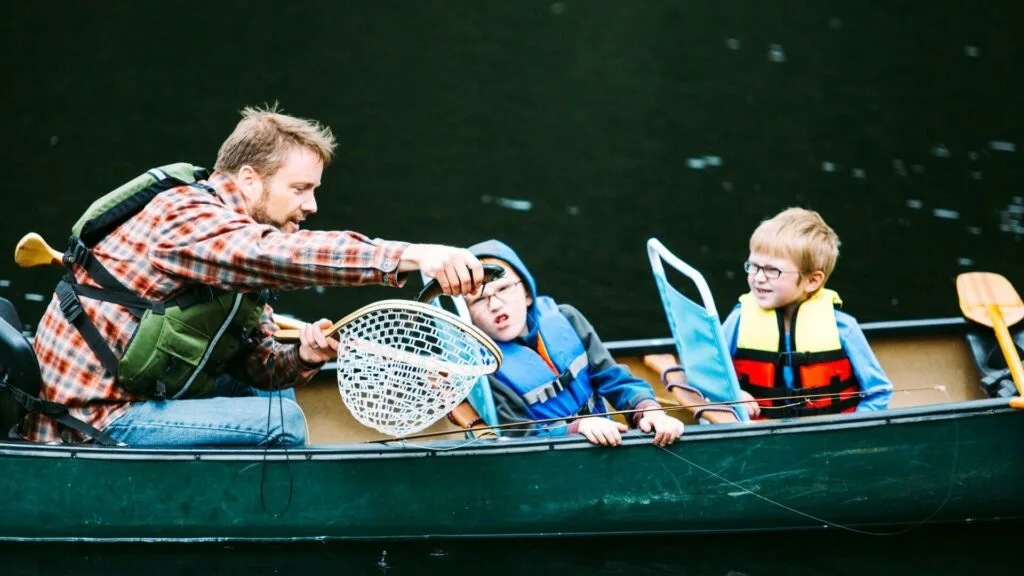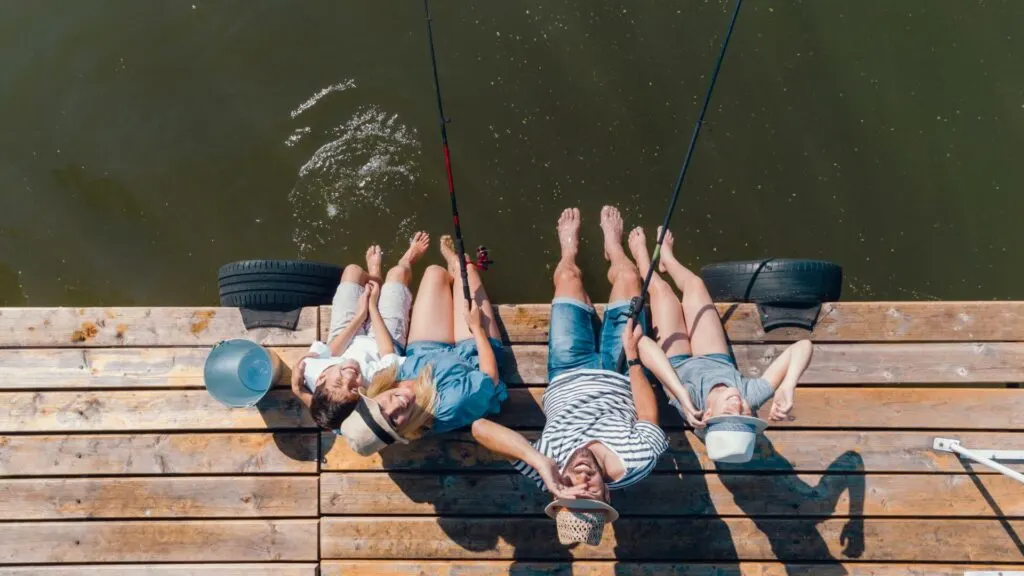Planning a fishing adventure can be exciting, filled with anticipation for the thrill of the catch and the serenity of nature. Several factors must be considered before embarking on your next fishing trip. This article will explore six crucial things to remember when planning your next fantastic fishing adventure.

Destination Selection
The first step in planning any fishing adventure is choosing the right destination. Consider the type of fishing experience you’re seeking—whether it’s freshwater or saltwater, fly fishing in a mountain stream, or deep-sea fishing off the coast. Research potential locations based on the species of fish you want to target and factors such as accessibility, accommodations, and local regulations. If you intend to catch trout, consider fly fishing Pyramid Lake Nevada, where trophy-sized Lahontan cutthroat trout roam the crystal-clear waters. Alternatively, if you’re after the thrill of reeling in a marlin or sailfish, destinations like Costa Rica or the Florida Keys offer world-class deep-sea fishing opportunities.
If planning a remote wilderness expedition, be prepared for rough terrain and limited amenities. On the other hand, if you prefer a more comfortable experience, look for destinations with well-equipped fishing lodges or resorts. Additionally, consider the time of year and seasonal patterns—certain species may be more active during specific seasons, influencing your choice of destination.
Weather and Conditions
Weather plays a significant role in fishing success and overall enjoyment. Wind direction and intensity can also impact fishing conditions, especially if you plan to fish from a boat or kayak. Before heading out, familiarize yourself with local weather patterns and how they might affect fishing in your chosen location. Always prioritize safety – if inclement weather poses a risk, consider rescheduling your trip or seeking alternative activities.
Equipment and Gear
Having the right equipment can make or break your fishing adventure. Before packing your tackle box:
- Research the specific gear needed for the species you’ll target and the fishing techniques you plan to use. This may include rods and reels suited for different types of fishing, a variety of lures or bait, and tools for handling and releasing fish.
- If you’re traveling to a remote destination, consider the logistics of transporting your gear—lightweight and compact equipment may be preferable for long hikes or flights.
- Don’t forget essential items like fishing licenses, permits, and safety gear such as life jackets or first-aid kits.
And if you’re planning to fish from a boat, ensure it’s properly equipped with navigation lights, an anchor, and safety equipment.
Experienced fishermen switch to stainless steel propellers that promise durability and improved performance in various water conditions. These propellers not only enhance the boat’s speed and efficiency but also withstand wear and tear, making them a reliable choice for frequent anglers.
Conservation and Ethics
Responsible angling is essential for preserving fish populations and the ecosystems they inhabit. Before casting your line:
- Familiarize yourself with local fishing regulations and catch-and-release guidelines.
- Be mindful of size and bag limits for different species, and consider practicing voluntary catch-and-release to minimize your impact on fish populations.
- When handling fish, use proper techniques to ensure their survival upon release – minimize handling time, avoid damaging gills or scales, and support the fish in the water until it swims away under its power.
- Dispose of proper fishing lines, hooks, and other tackle to prevent wildlife entanglement and habitat degradation.
By respecting the environment and practicing ethical angling, you can help ensure that future generations can enjoy fishing adventures as well.
Skill Level and Experience
When planning a fishing trip, consider your own skill level and experience and the abilities of others in your group. Choose destinations and fishing techniques that align with your proficiency level. If you’re new to fly fishing, opt for beginner-friendly rivers or guided outings to improve your skills. If you’re traveling with less experienced anglers or children, prioritize destinations that offer opportunities for success and enjoyment regardless of skill level. Consider hiring a local guide or booking a fishing charter to enhance your experience and learn from seasoned professionals. And don’t be afraid to step out of your comfort zone – trying new techniques or targeting unfamiliar species can lead to unexpected adventures and memorable catches.
Budget and Logistics
Finally, consider the practical aspects of planning a fishing adventure, including budgeting for expenses and arranging logistics. Determine your overall budget for the trip, considering transportation, accommodations, meals, guide services, and any additional activities or excursions. Research transportation options, whether you’re driving to a nearby fishing spot or flying to a remote destination. Compare lodging options ranging from campsites and cabins to hotels and resorts, considering factors like proximity to fishing areas and amenities available. And don’t forget to budget for incidental expenses such as fishing licenses, bait or lures, and souvenirs.

Planning a fishing adventure requires careful consideration of various factors, from choosing the right destination to packing essential gear and ensuring responsible angling practices. You can increase your chances of success and enjoyment on the water by selecting a suitable location, monitoring weather conditions, and equipping yourself with the proper gear. Remember to prioritize conservation and ethical angling practices and tailor your trip to your skill level and budget. With thorough planning and a sense of adventure, your next fishing expedition will surely be an unforgettable experience.

Jessi is the creative mind behind The Coffee Mom, a popular blog that combines parenting advice, travel tips, and a love for all things Disney. As a trusted Disney influencer and passionate storyteller, Jessi’s authentic insights and relatable content resonate with readers worldwide.
